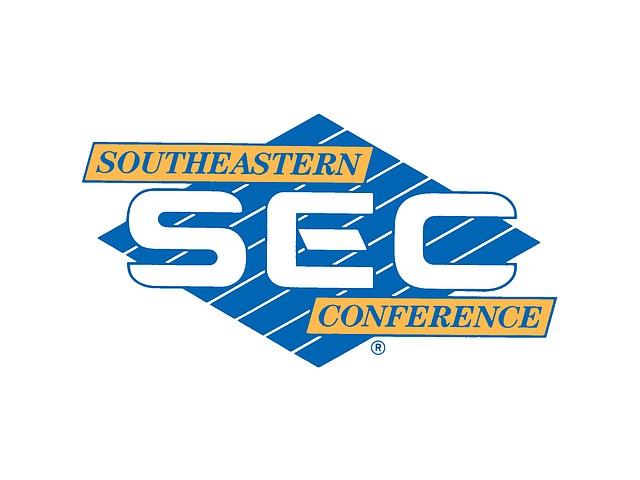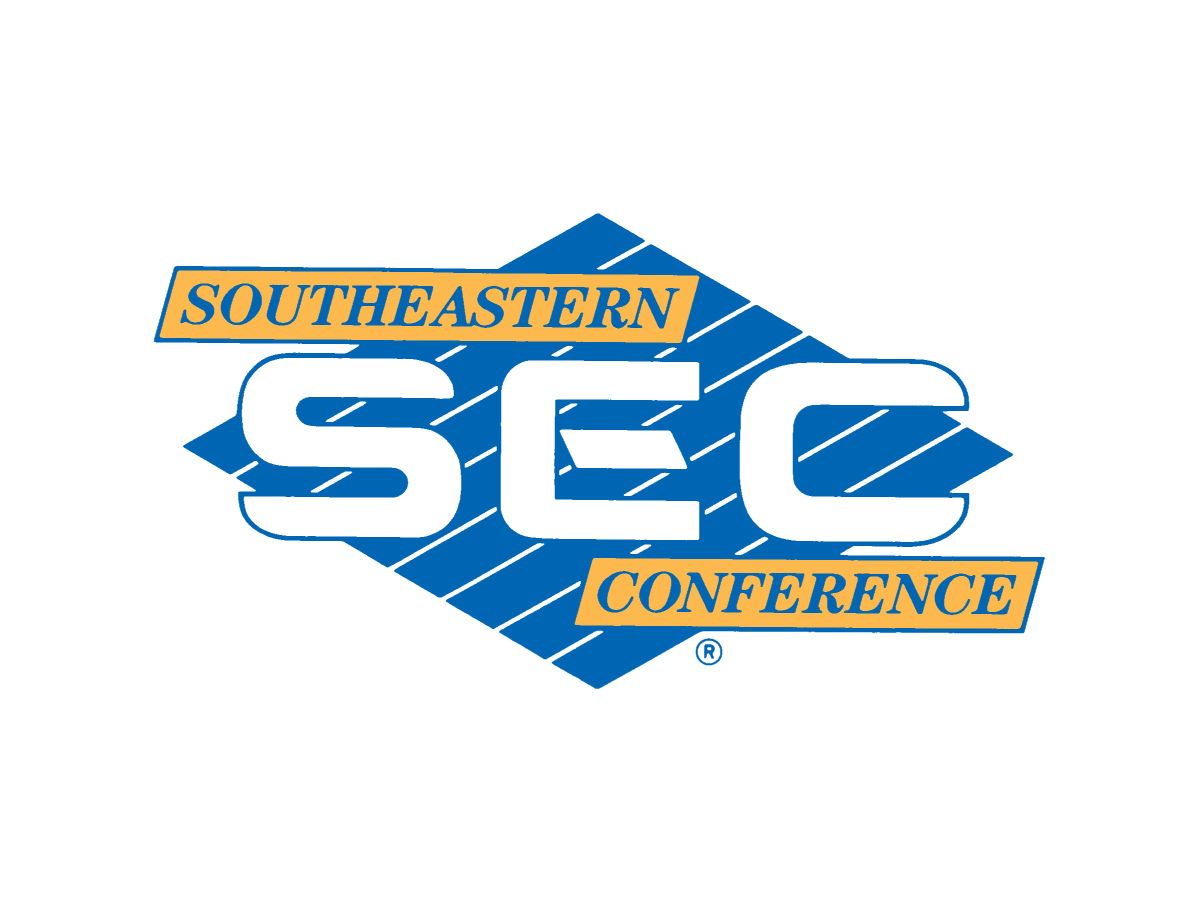Black coaches now more common in SEC
Friday, January 1, 1904
HALF AND HALFSeven of the SEC's 14 head basketball coaches are black, which is seven more than 25 years ago.COACH // // SCHOOL // SEASONAnthony Grant // Alabama // FourthTony Barbee // Auburn // ThirdCuonzo Martin // Tennessee // SecondMike Anderson // Arkansas // SecondFrank Haith // Missouri // SecondJohnny Jones // LSU // // FirstRick Ray // // Miss. State // First
When Tennessee hosted LSU in men's basketball Tuesday night, the game pitted two black head coaches.
Two others squared off Wednesday night when Alabama traveled to Mississippi State.
What was once nonexistent across Southeastern Conference floors is now beyond commonplace as black coaches direct half of the league's 14 programs. The SEC had five black coaches last winter, which preceded Missouri's Frank Haith joining the league and Rick Ray replacing Rick Stansbury at Mississippi State.
"Sometimes you hear about the South -- I grew up in the Midwest -- and you have some negative connotations, especially when you start talking about places like Mississippi and Alabama and race relations," Ray said. "I think it speaks volumes about the hiring process in the SEC and the schools in the SEC that they would reach out and have this many African-American head coaches.
"The thing the SEC should be most proud of is that us having this many African-American coaches is really not a big story. It means it's accepted here in the South and that it's really not a problem."
The SEC's seven black coaches equal the most ever from a BCS conference. The Atlantic Coast Conference had seven during the 2008-09 season, including Haith when he was at Miami.
Add South Carolina first-year coach Frank Martin, a Cuban American, and the SEC has eight minorities heading basketball programs.
"I think it's awesome this league believes in everybody and not just in certain stereotypes," Martin said. "I am grateful that Kansas State University and now South Carolina have believed in me to give me an opportunity to do what I dreamt of doing when I was a young kid."
A quarter century ago, the SEC had a coaching contingent of Alabama's Wimp Sanderson, Auburn's Sonny Smith, Florida's Norm Sloan, Georgia's Hugh Durham, Kentucky's Eddie Sutton, LSU's Dale Brown, Ole Miss's Ed Murphy, Mississippi State's Richard Williams, Tennessee's Don DeVoe and Vanderbilt's C.M. Newton.
Tennessee broke the color barrier in 1989 when Wade Houston was hired to replace DeVoe. Houston struggled with the Volunteers, going 65-90 in five seasons and getting fired after a disastrous 5-22 finish in 1994, but by then the league had its second black head coach, and he was soaring.
Arkansas and Nolan Richardson joined the SEC for the 1991-92 season, and Richardson guided the Razorbacks to league championships in '92 and '94. The Razorbacks won the national championship in '94 and reached the title game again in '95, when they lost to UCLA.
Four years after Arkansas ascended to college basketball's pinnacle, Tubby Smith did the same with Kentucky after spending the previous two seasons resurrecting Georgia.
"Those guys were really the guys who paved the way for a guy like myself and some of the other coaches across the league," Alabama's Anthony Grant said. "Certainly I am privileged to be in the position I am, and I appreciate the opportunity I've been given. Now it's just up to us to go out and produce successful programs."
Ole Miss became the first SEC school with back-to-back black coaches when Rod Barnes succeeded Rob Evans after the 1997-98 season. Mike Anderson is the third black coach Arkansas has employed, while Georgia, LSU, Ole Miss, Missouri and Tennessee have had two each.
The only SEC schools that haven't had minority head basketball coaches are Florida and Vanderbilt, who have the league's longest-tenured coaches with Billy Donovan and Kevin Stallings.
"I like that the universities in the SEC have done a great job of identifying guys who are head coaches, and they just so happen to be African-American," Tennessee's Cuonzo Martin said. "I think that's first and foremost. To me it says that guys have put the work in and came through the ranks of assistant coaches and been a part of great programs, so now they have an opportunity to become head coaches.
"You have to give credit to the SEC and to the universities for hiring the guys to do the job."

